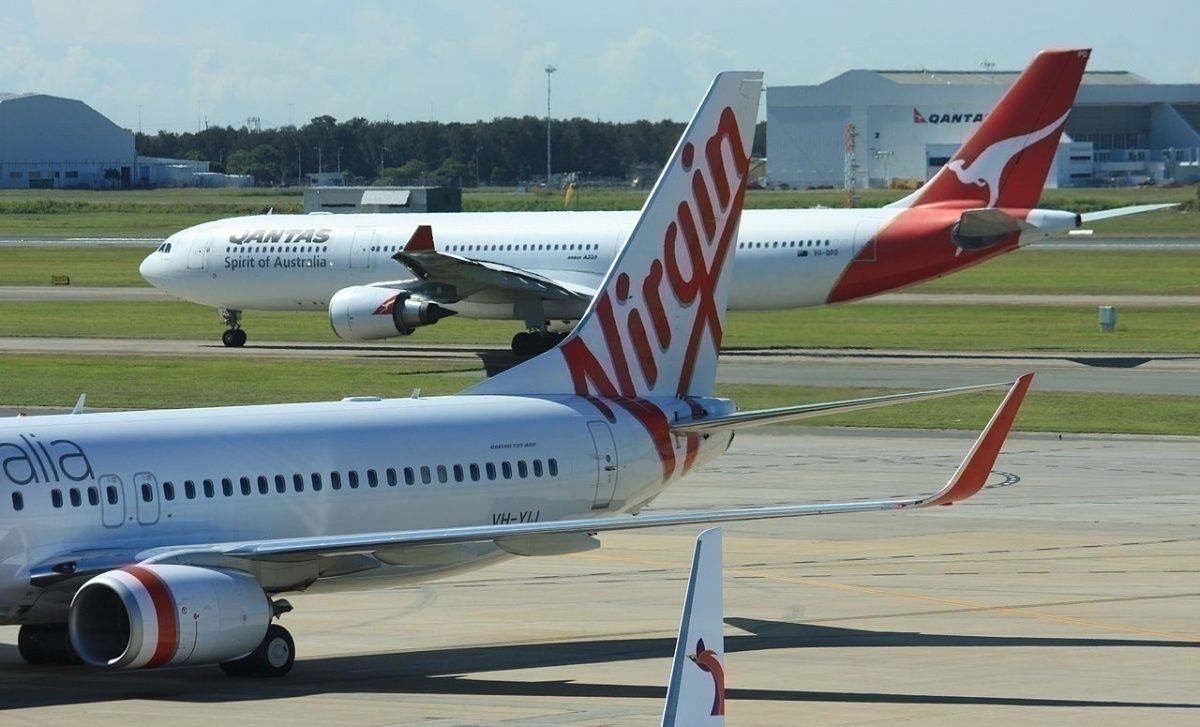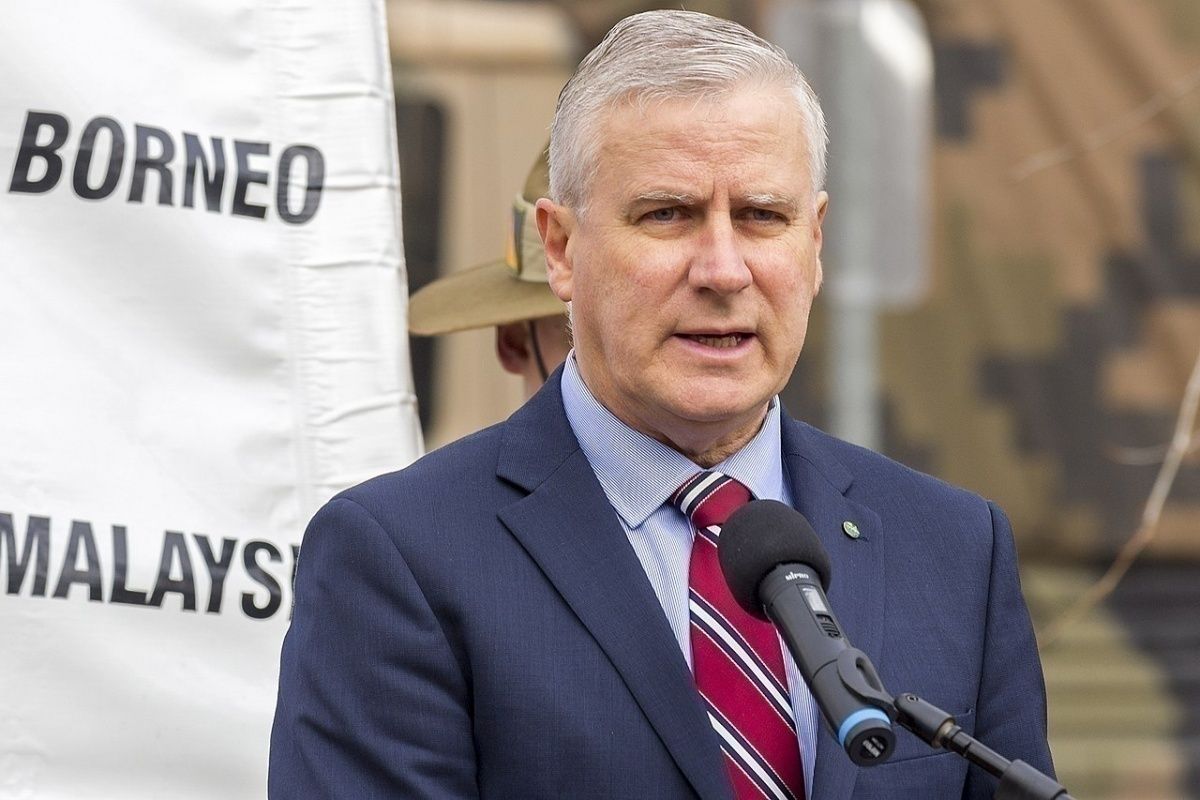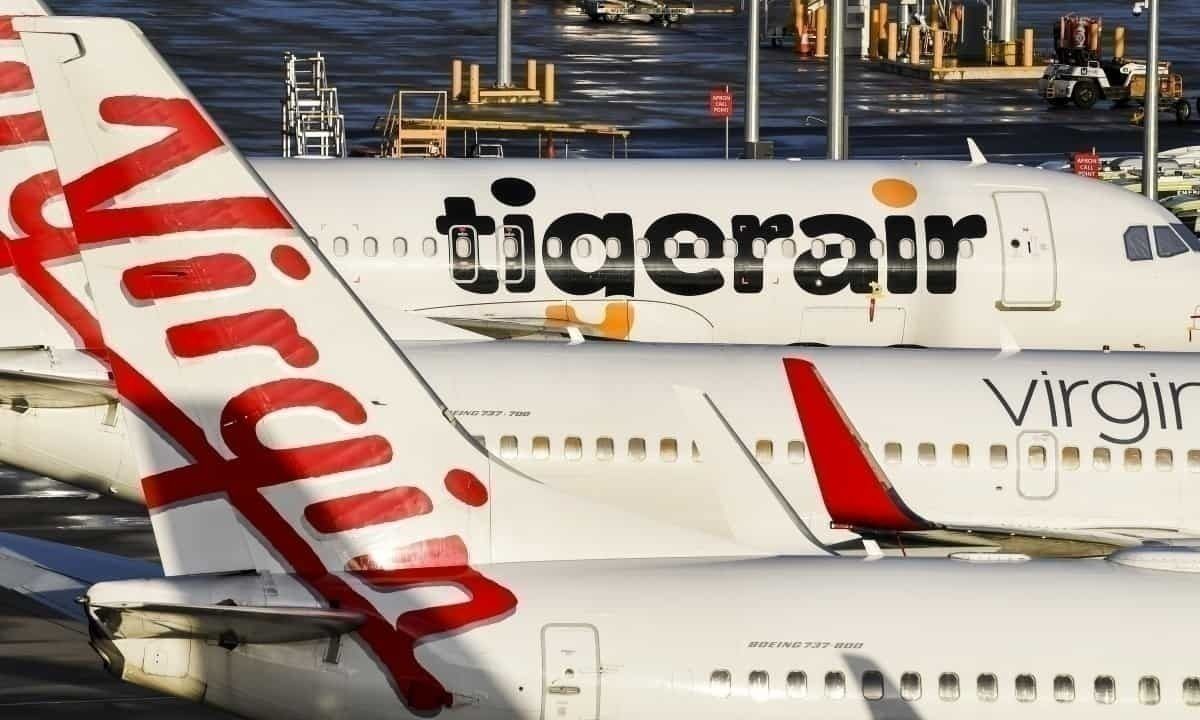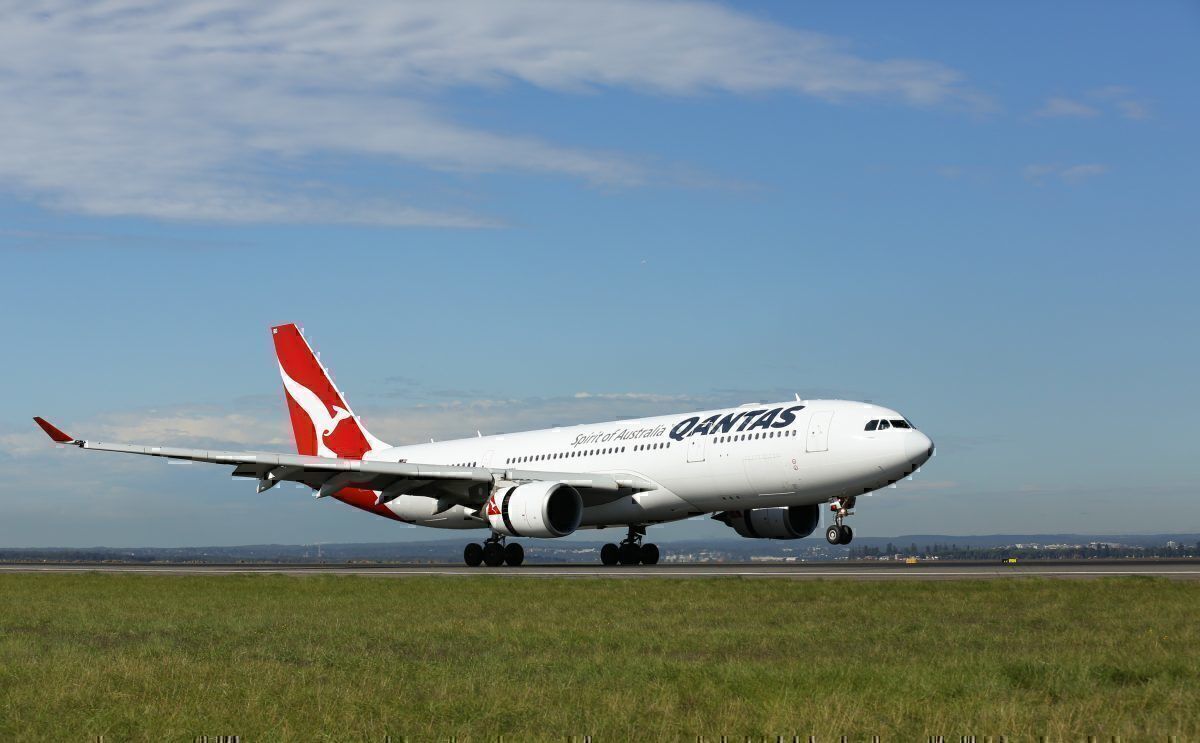The Australian Government has moved to underwrite domestic flights amid concerns about stranded travelers and grounded essential workers. The move comes as both Qantas and Virgin Australia have run the slimmest of domestic operations for much of April.
The government is outlaying US$105 million to subsidize domestic air services. In response, both Qantas and Virgin Australia have immediately moved to increase flights for the next eight weeks. When that period elapses, the government may be asked to open their checkbook again to keep these services going.
Substantial government funds to support aviation
Driving the decision in Canberra was the National Party leader and Deputy Prime Minister, Michael McCormack. In a statement this morning, Mr. McCormack said;
“As Australians are asked to stay home unless absolutely necessary, we are ensuring secure and affordable access for passengers who need to travel, including our essential workers such as frontline medical personnel and defense personnel, as well as supporting the movement of essential freight such as critical medicine and personal protective equipment.”
The latest funding means the Australian Government has tipped over US$676 million into the local aviation sector in recent times.
The decision adheres to the government's preference to support industry-wide initiatives rather than business-specific initiatives. This is something Virgin Australia realized to its detriment when the government declined to agree to their recent USD$890 million loan request.
Virgin neglects some key regions
The fresh funding is designed to maintain services between Australia's capital cities and regional centers. In his statement, the Deputy Prime Minister specifically mentions the regional centers of Albury, Alice Springs, Coffs Harbour, Dubbo, Kalgoorlie, Mildura, Port Lincoln, Rockhampton, Tamworth, Townsville, and Wagga Wagga.
Virgin Australia usually flies to all of these centers except for Port Lincoln and Dubbo. Interestingly, their interim eight-week schedule has some significant geographical gaps in it - something the government may not be too pleased about.
While Virgin's new interim schedule is a significant step up from its single daily return service between Melbourne and Sydney, missing from the new schedule are a number of locations. All of Tasmania, the Northern Territory, and a raft of regional and rural centers have been left out. You can see a full list of Virgin Australia's interim schedule here.
The welcome return of the Qantas A330
Qantas will now be running over 160 flights a week to all capital cities and 36 regional destinations. Besides trunk routes, the airline is focusing on regional destinations that are more than two hours' drive from the nearest transport hub. Besides providing freight capacity, Qantas acknowledges the need for essential travel.
In another bit of good news, Qantas will be bringing at least one A330 back into service. It will join the current slimmed-down operating fleet of Dash 8s, A320s, and Boeing 737s. The A330 is likely to make a welcome return to the transcontinental runs across to Perth.
Unlike Virgin Australia, Qantas will be flying into both Tasmania (Hobart and Launceston) and the Northern Territory (Darwin and Alice Springs). You can see the full list of where Qantas is now flying to here.
Virgin Australia's interim schedule is starting today and will run until 7 June. Qantas expects to have its full interim schedule up and running by Monday. It should be noted that various states and territories have mandatory quarantine regimes in place for incoming domestic passengers.




